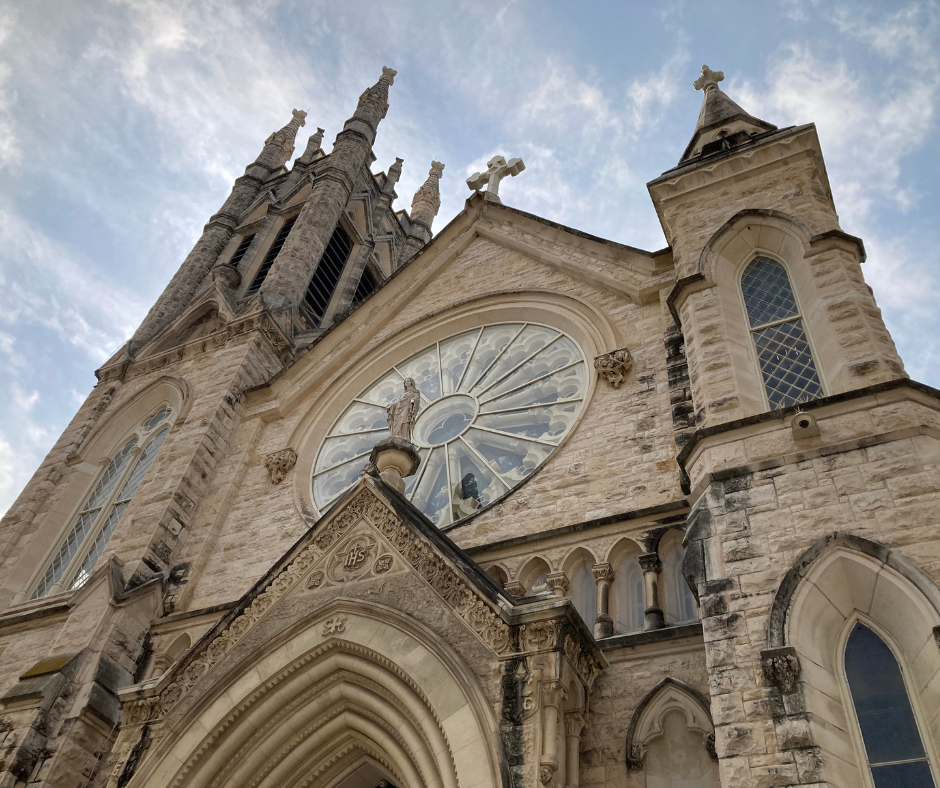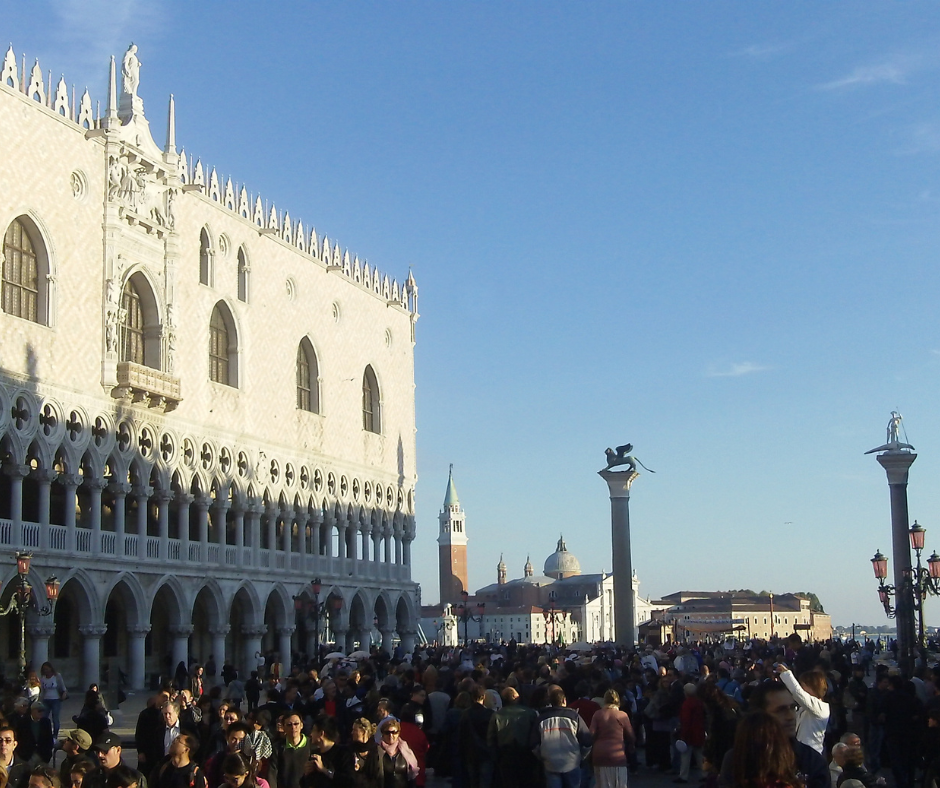Architecture has always been a means of reflecting the cultural values of a society. Whether it is the design of a place of worship, the construction of public spaces, the affordability of housing, or the longevity of buildings, architecture is a reflection of a society's cultural values. In this blog post, we will explore how architecture can reflect cultural values and the importance of such reflection.
Religion
Architecture is often used to express religious beliefs and values. In many cultures, places of worship are designed to reflect the beliefs of the community. For example, the Gothic cathedrals of Europe are designed to reflect the power and glory of the Church, while the mosques of the Islamic world are designed to reflect the values of simplicity and harmony. The design and construction of these religious buildings reflect the cultural values of the society that built them.
Public Space
Architecture can also reflect a society's values when it comes to public space. Public space is an essential part of any community, and the design of public spaces can reflect the values of that community. For example, parks and green spaces reflect the importance of nature in society, while monuments and statues reflect the cultural heroes of a society. The design of public space can also reflect the values of inclusivity and accessibility, as seen in the design of public transportation systems and public buildings.
Affordability
Architecture can also reflect a society's values when it comes to affordability. The affordability of housing is a significant issue in many societies, and the design of buildings can reflect the society's values regarding this issue. For example, the design of social housing projects can reflect the value of providing affordable housing to all members of society. The use of sustainable materials and design can also reflect a society's values regarding the environment and the importance of sustainability.
Longevity of Construction
Architecture can also reflect a society's values when it comes to the longevity of construction. In some cultures, buildings are designed to last for centuries, reflecting the importance of tradition and history. In other cultures, buildings are designed to be temporary, reflecting the value of change and progress. The design and construction of buildings can also reflect a society's values regarding the importance of beauty and aesthetics.
Conclusion
Architecture can reflect a society's cultural values in many ways, including religion, public space, affordability, and longevity of construction. The design and construction of buildings can have a significant impact on a society, reflecting its values and shaping its future. As such, architects and designers must consider the cultural values of the society they are designing for, and ensure that their work reflects those values. By doing so, architecture can become a powerful tool for social change and progress.






